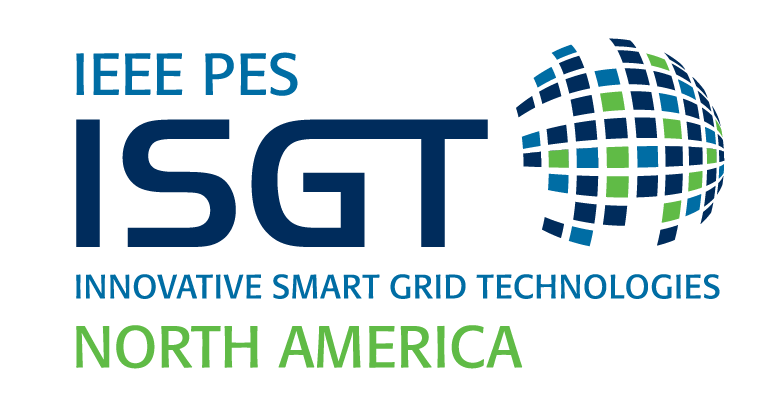Monday, January 16, 2023
8:00 am -12:00 pm
(LAFAYETTE PARK)
Tutorial 1: Quantum Computing in Smart Grids – Fundamentals and Applications
Lead Instructor: Rozhin Eskandarpour
There is a significant push, driven primarily due to climate change concerns, to reduce the use of carbon-based fuels to slow the warming trend by increasing the capacity and generation of renewable energy sources. This is simultaneous with the efforts to improve grid resilience against climate change-induced extreme events. Traditional grid decision-making practices based on classical analytics and computing may become ineffective in addressing the emerging needs of this ever-complex grid. This tutorial will introduce quantum computing as a viable solution to address the computational needs of the future grid while discussing how grid decision-making will be revolutionized as this technology matures. Multiple practical use cases, developed in collaboration with a major US electric utility, will be provided to show this technology’s effectiveness in solving a broad new class of problems in modernized power grids.
1:00 pm – 5:00 pm
(LAFAYETTE PARK)
Tutorial 2: Grid-edge Optimization in Active Power Distribution Systems
Lead Instructor: Anamika Dubey
The proliferation of controllable grid-edge resources and the deployment of advanced sensing and control technologies in electric power distribution systems calls for coordinated management of the grid’s resources. This has led to a growing interest in academia and industry alike on optimization methods for the large-scale unbalanced power distribution systems for improved operational efficiency and resilience. This tutorial aims to introduce the state-of-the-art optimization methods applied to unbalanced power distribution systems and their use cases for distribution systems applications. We will start with a discussion on the different models for formulating the distribution optimal power flow (OPF) problem and discuss their trade-offs. We will include hands-on training on modeling the optimization problem using OpenDSS and Matlab/Python for the IEEE test systems. Finally, our industry partner, Opus One Solutions (leader in power systems optimization), will present example application of coordinating grid-edge resources for bulk-energy market using their distribution system Optimization Engine.
8:00 am -12:00 pm
(FARRAGUT SQUARE)
Tutorial 3: Understanding the impacts of customer choices on the Distribution Grid
Lead Instructor: Doug Houseman
(Morning Session)
In the future customers will have more choices than ever before for what they use and how they use it. Appliances and equipment in the home, process equipment in factories, whether employees work from home, what kind of “fuel” their vehicles use, and how they heat and cool their buildings. At the extreme the electric load on a distribution circuit may triple or more, careful planning, tariffs, and demand response could flatten the load and reduce the costs of new infrastructure. Utilities, regulators and other stakeholders will have to work together to create policy that is socially just, economically reasonable, and can be executed in the required time. This tutorial looks at these challenges and how to understand them.
1:00 pm – 5:00 pm
(FARRAGUT SQUARE)
Tutorial 3 (cont’d) – Understanding the impacts of customer choices on the Distribution Grid
Lead Instructor: Doug Houseman
(Afternoon Session)

